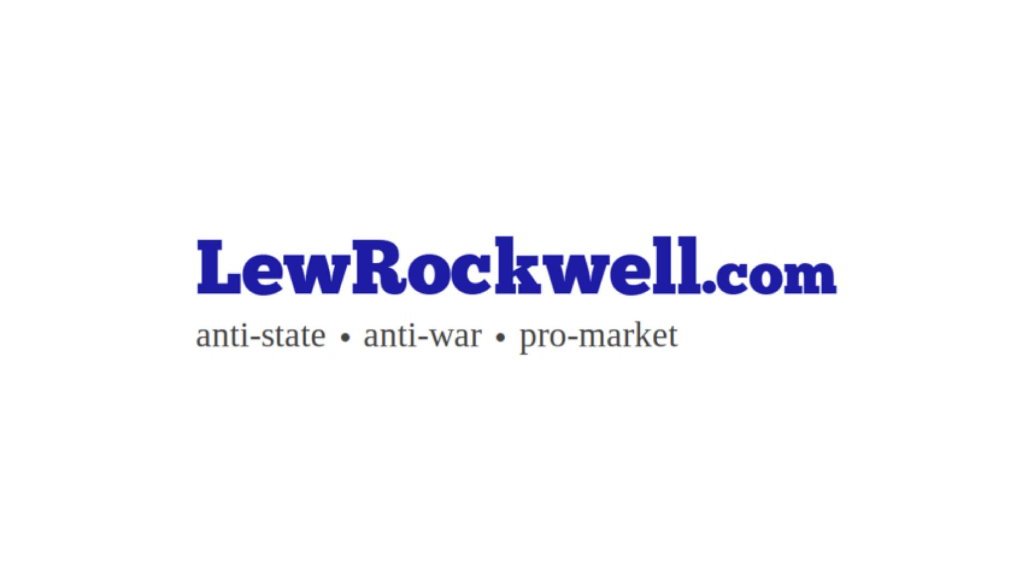NATO Expansion — The Root Cause of the War in Ukraine
I know there is a lot of interest in the Jeffrey Epstein story and the new revelations from Tulsi Gabbard about Barack Obama and his team’s efforts to fan the flames of Russiagate. I have been all over the Russiagate matter since 2017. Here is the link to a piece I published on December 18, 2018 with the nifty title, The Trump Coup Is a Threat to Our Republic. I am glad the information is finally coming out, but I knew this seven years ago. What took them so long? While Tulsi’s revelations are legit, I think she is releasing this information now to distract attention away from the Jeffrey Epstein scandal. Trump is getting killed in the polls — reportedly he is down 40% points on this issue.
For now, I want to focus on the war in Ukraine, i.e., the Special Military Operation (SMO), and clarify Russia’s motivation and objective for ending that conflict. We keep hearing the phrase, root causes. Russia wants the West to address the root causes. Ok, what are those? I think it is pretty simple — read the draft treaty that Vladimir Putin presented to Joe Biden in December 2021 and then you will understand. To spare you reading the entire document (I have linked to it in the next paragraph) I am going to summarize the key points.
The draft “Treaty between the United States of America and the Russian Federation on Security Guarantees” that Russia presented to Biden in December 2021, outlined a series of far-reaching security demands, reflecting Russia’s intent to reshape the post-Cold War security architecture in Europe. Here are the key points from the published text:
- No Further NATO Expansion
• The US would commit to preventing furth
Article from LewRockwell

LewRockwell.com is a libertarian website that publishes articles, essays, and blog posts advocating for minimal government, free markets, and individual liberty. The site was founded by Lew Rockwell, an American libertarian political commentator, activist, and former congressional staffer. The website often features content that is critical of mainstream politics, state intervention, and foreign policy, among other topics. It is a platform frequently used to disseminate Austrian economics, a school of economic thought that is popular among some libertarians.




